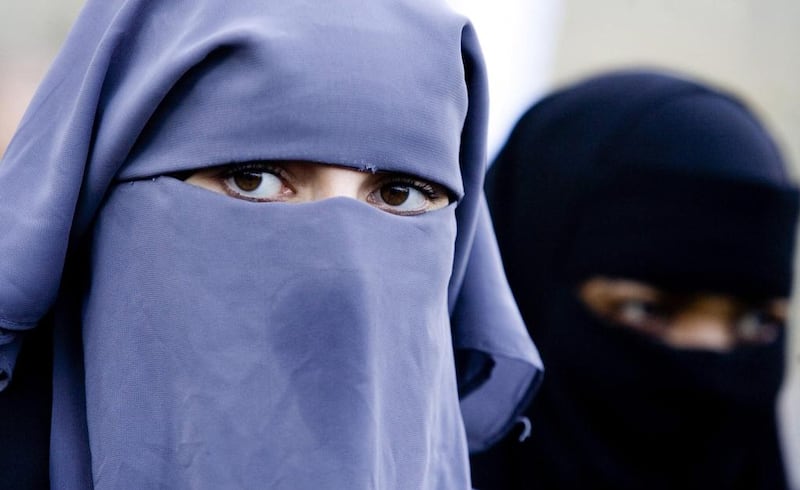The term “Jahiliyah” is familiar to most Muslims. It is derived from the Arabic verb “jahala”, meaning to be ignorant. “Jahiliyah” therefore refers to the “Days of Ignorance”, which is used in Islam to describe pre-Islamic Arabia.
In a book about the state of women in those days, I came across these lines from a popular poem: “And for every father of a worthy daughter, three sons-in-law are worthy of mention. The first is a house to hold her. The second is a husband to protect her. The third is a grave to enclose her. And the best of all three is the grave”.
In those “Days of Ignorance”, female infanticide was commonplace. If girls and women were deemed worthy of living, they had no rights and were treated mostly as objects to possess, vessels for breeding and outlets for pleasure. Growing up, I was taught that Islam came to liberate women from the dark ages. In many of its verses, the Quran outlines the roles and responsibilities of men and women as separate and whole entities, each with their own standing. For women in the highly patriarchal and perverse “Jahiliya” culture, Islam was a revolution.
Therefore, it is particularly painful to watch Islam being vilified on account of the state of Muslim women. We hear some positive stories of Muslim women in the economic, political, literary and sporting field. But there are far more negative stories. I find bookstores stuffed with collections on the oppression of Muslim women similar to that from the “Days of Ignorance”.
One of my most notable memories from a lecture on the early days of Islam is that Prophet Mohammed dedicated the first 10 years of his mission to preach values, morals and behaviour. He did this long before he spoke about the roles and responsibilities of individuals, civil society and the state under Islam. This underscores how critical mindset shifts are to the sustainability of any ideology. Perhaps the Muslim world, which is battling with crises on all fronts, can only be saved by going back to these basics. The resurrection of those values and behaviour may be the only hope if we are to turn the tide against extremism, barbarism and chaos reminiscent of the “Days of Ignorance”.
Justice, equality, mercy, tolerance and forgiveness are fundamental values that Islam advocated. A campaign to return to those values would help tackle some of the biggest problems that Muslim women face – honour killing, child marriage, domestic violence and sexual harassment. These crimes and forms of abuse are embodiments of cultural and historic values that Islam originally sought to end. Empowering Muslim women through a campaign that calls for a renewal of values is crucial.
Empowered women, who are treated equally, will raise equally empowered individuals. Hundreds of female religious guides in Algeria have assumed a leading role in their country’s battle against youth radicalisation. These women, who are well versed in their religion and more importantly in the message of tolerance that embodies the spirit of Islam, are helping families to turn radicalised youth. They do this by reaching out primarily to the mothers of these young people.
Islam is probably one of the most misunderstood religions today. There are valid reasons for some of the misunderstanding, notably the response of some Muslims across a wide spectrum of issues. But another key reason is fear and ignorance of the faith.
It would be futile to argue with those who have no desire to gain a deeper understanding of Islam, or with those who lack understanding of historical context and who can’t differentiate between the literal and analogical interpretations of the text.
It would be far more powerful to embody the values for which Islam stands.
Rana Askoul is a Dubai-based writer focusing on women and Middle East issues
On twitter: @Ranaaskoul





